by Nkosana Mafico
The borderless, technology-focused mindset of Africa’s future leaders
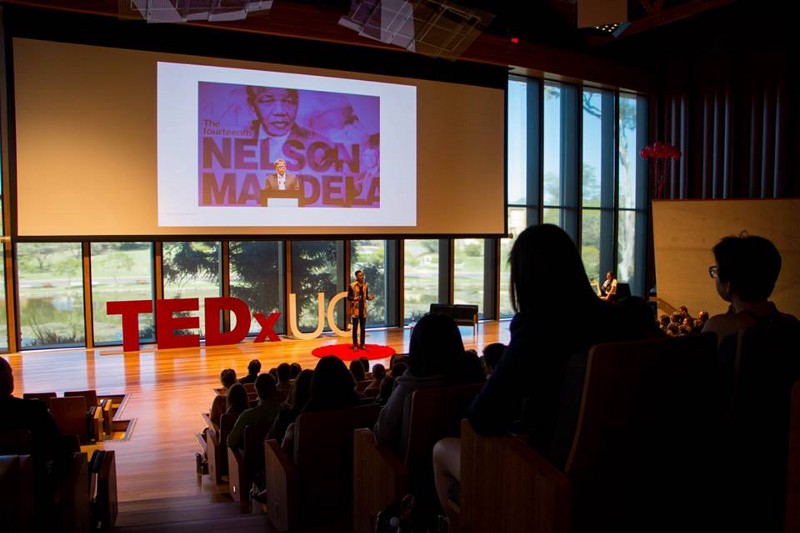
When a segment about Africa comes on the news, all you usually see is death, disease, and despair. While there’s some truth to this, it isn’t the whole story.
I recently gave a TED talk (at TEDx UQ) about how Africa’s youth are changing the usual African story by creating a story of their own.
I was born in Zimbabwe, Africa. I grew up in a middle income household and attended an English-speaking private school.
Sure, the electricity would occasionally shut off without warning. But I had everything I needed growing up.
So you can imagine my surprise when I arrived in Australia 13 years ago and heard African-related stereotypes and misconceptions.
The more I heard them, the more I realized it was because of the media. For the media, the better story is the story that talks about the African continent as a place of death, disease, and despair.
And this story that the media keeps telling, harms Africa in a big way.
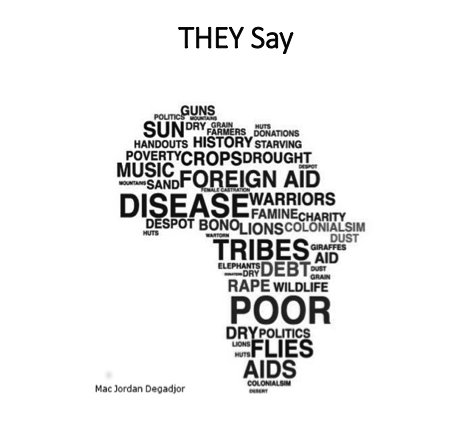
Last year, for example, when the Ebola crisis hit, the media talked about the crisis as if the entire continent of Africa was affected. This was not true. In fact, only a few countries in west Africa were affected.
During this time, though, I actually had a non-African friend of mine tell me that he’d cancelled his trip to South Africa because he was afraid of catching Ebola.
This shocked me. I started thinking about what would happen if enough people decided not to travel to African — all because of a disease that only affected a small corner of the country.
Imagine the negative economic impact the media’s African story is having on having in aggregate on the continent.
But we’re fighting back. Africans have taken to twitter to share a different side of the story.
Last year the hashtag #theAfricaTheMediaNeverShowsYou went viral. African youth tweeted pictures of their countries — images completely different from those you’d see on television.
You see, we young Africans accept Africa for what it currently is: a place where death, disease, and despair do indeed exist.
But we also see Africa for what it has always been: a beautiful continent with a vibrant energy.
And what it has also become: a frontier for trade, creativity, and entrepreneurship.
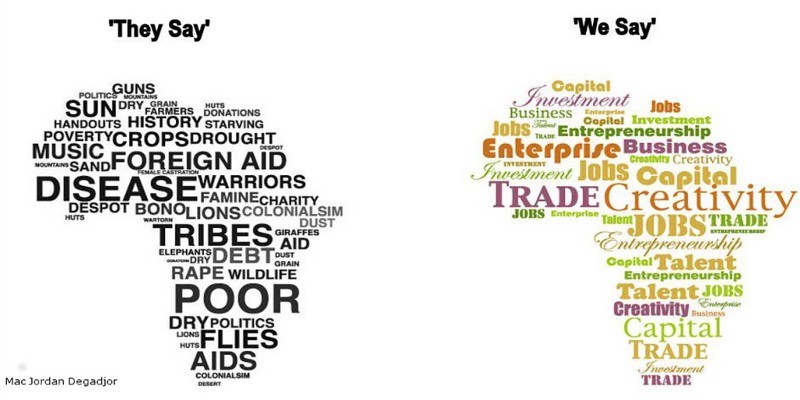
So why is Africa a the frontier? Why are we — the youth — so optimistic about Africa’s future?
Well, if there’s one thing you remember from this post, let it be this: Africa is on the rise because Africa is the youngest continent in the world. Nearly 70% of Africa’s one billion people are under the age of 25.
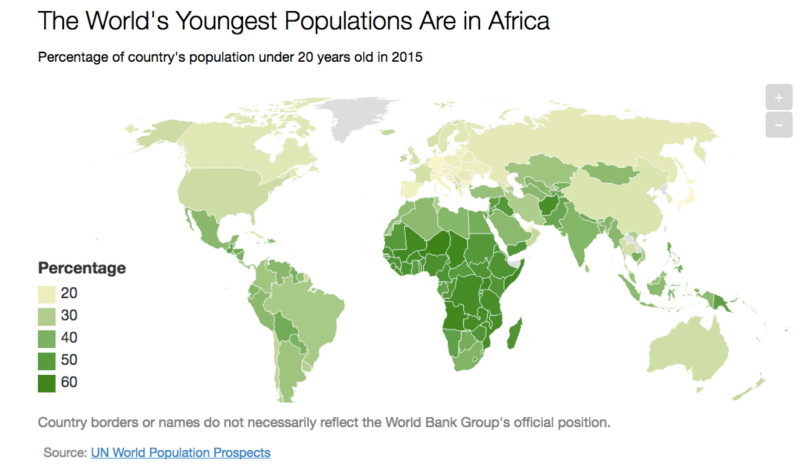
We’re so optimistic because in 2050, it will be our time to run Africa. By 2050, we will be the face of a new Africa — educated, ambitious, and actively working toward creating the Africa we want.
This isn’t just wishful thinking. The African youth I’m talking about are already putting in the work required to create this future. And they’re doing so by adopting two key notions: entrepreneurship and a borderless mindset.
Entrepreneurial minds
With Africa’s population expected to reach 2.4 billion by 2050, we need to create work opportunities for all these young people. Otherwise Africa won’t prosper.
One of the key ways of doing this is by creating new businesses. African youth therefore, have to be entrepreneurial. But they have to be so in a more inclusive way — one that creates both economic and social returns.
Fortunately, young Africans are answering this call and creating businesses to empower themselves and the continent.
Take for instance, 19-year-old Kelvin Doe from Sierra Leon. Kelvin was recently featured in Forbes Africa’s 30 under 30 list.
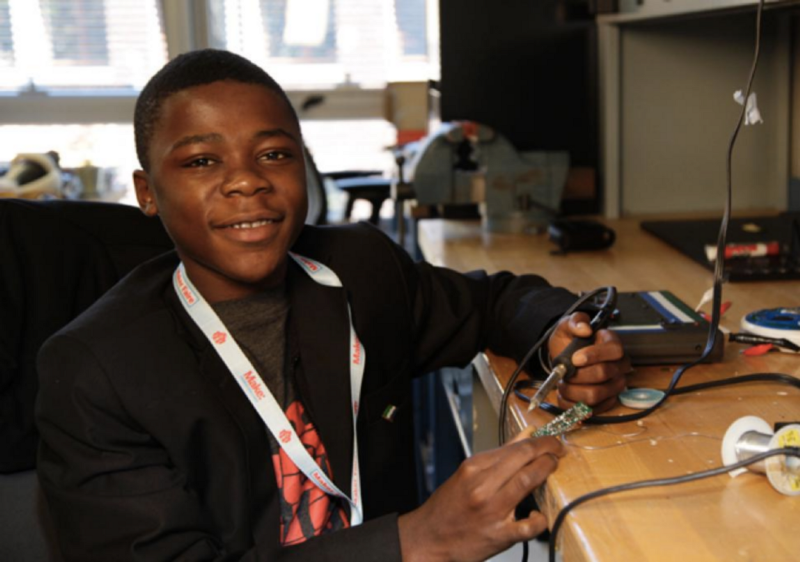
He’s famous for teaching himself engineering at the age of 13, then building his own radio station out of batteries, generators, and scrap metal he found in trash bins.
Kelvin is also the youngest person in history to take part in MIT’s Visiting Practitioner’s Program.
Today, he’s the founder of K-Doe Tech, a Sierra Leone-based company that provides tools, workshops, resources, and networks for young people in the country.
I share with you Kelvin’s story because it’s an example of a young African doing well, while also doing good.
Bill Gates supports the push for African youth entrepreneurship, too. A few months ago he spoke at the annual Nelson Mandela lecture, and said:
“I was 20 years old when Paul Allen and I started Microsoft. The entrepreneurs driving startup booms in Johannesburg, Lagos, and Nairobi are just as young, and the thousands of businesses they’re creating are already changing lives across the continent.
“But positive change across Africa won’t happen by chance. The real returns will come only if Africans can unleash this talent for innovation in all the continent’s growing population. That depends on whether all its young people are given the opportunity to thrive.” — Bill Gates
A borderless mindset
Currently there are 54 countries in Africa. They are surrounded by borders created for Africans — but not by Africans.
As a result, country-specific and tribal differences sometimes get in the way of progress. Just recently, the civil war in South Sudan erupted after a period of cease fire.
When all this was going on, I turned to social media to see what young South Sudanese within my network were saying. What I saw didn’t surprise me at all.
I saw young South Sudanese coming together despite their ethnic backgrounds. I also saw other African youth sharing support for South Sudan and South Sudanese people.
You see many African youth — especially those living abroad — are eager to move forward together. Within the continent, a borderless mindset is already starting to take effect.
This summer, the African Union launched its Pan-Africa passport. This passport is a step towards helping realizing the dream of visa-free travel for African citizens within the continent by 2020.
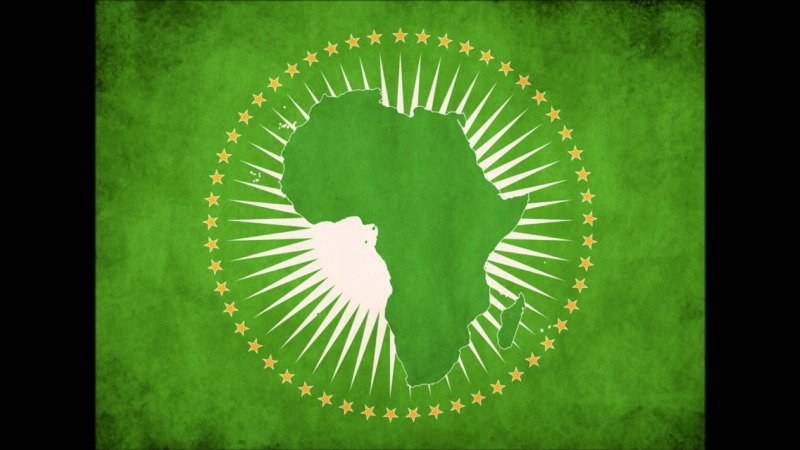
The effort starts abroad
African youth abroad are the bridge — the connection between Africa and the rest of the world. We’re on the front lines when it comes to changing Africa’s negative perception abroad, and helping direct more investment into Africa.
So in June 2015, I decided to affect change on the front line. I created the Council for Young Africans Living Abroad.
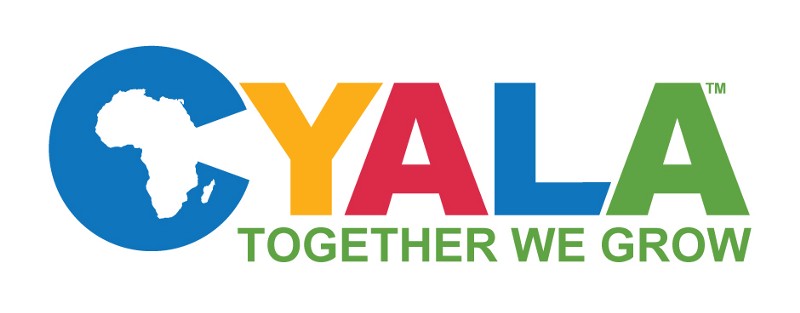
Our vision is to help drive long term social and economic change within Africa. We develop African youth who are living abroad into future leaders and borderless thinkers. We do this by organizing events and advancement opportunities.
We’re creating brand ambassadors for the entire continent of Africa. Ambassadors who can change Africa’s perception abroad one conversation at a time.
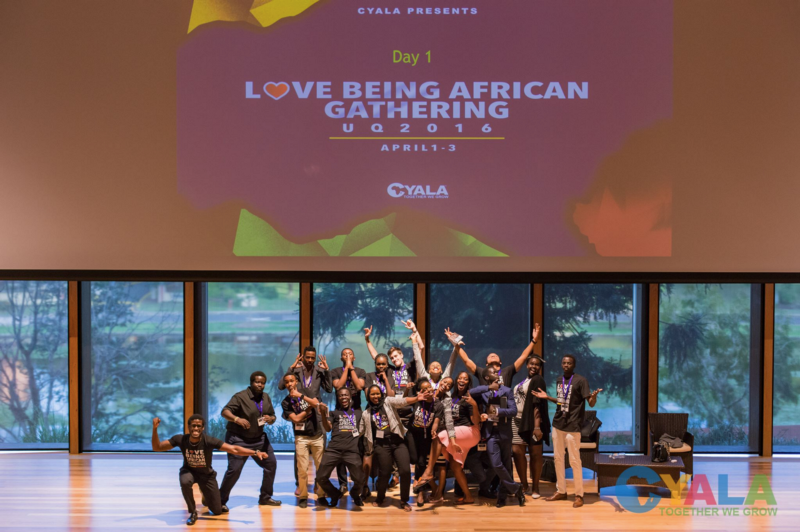
Our slogan is “together we grow.” It signifies our belief that in order to develop Africa, Africans need to work together and with the rest of the world.
In just a year, we’ve grown to a tribe of 23 volunteers who have hosted over 20 skills-based workshops and seminars in four Australian cities. We’ve also hosted our first national African youth conference. Our events have attracted over 600 young Africans representing over 20 different African countries.
And when it comes to investing, we’ve raised money for a South Sudanese university student to attend a youth summit in New York. We’ve also facilitated investment for an Australian-based young African entrepreneur.
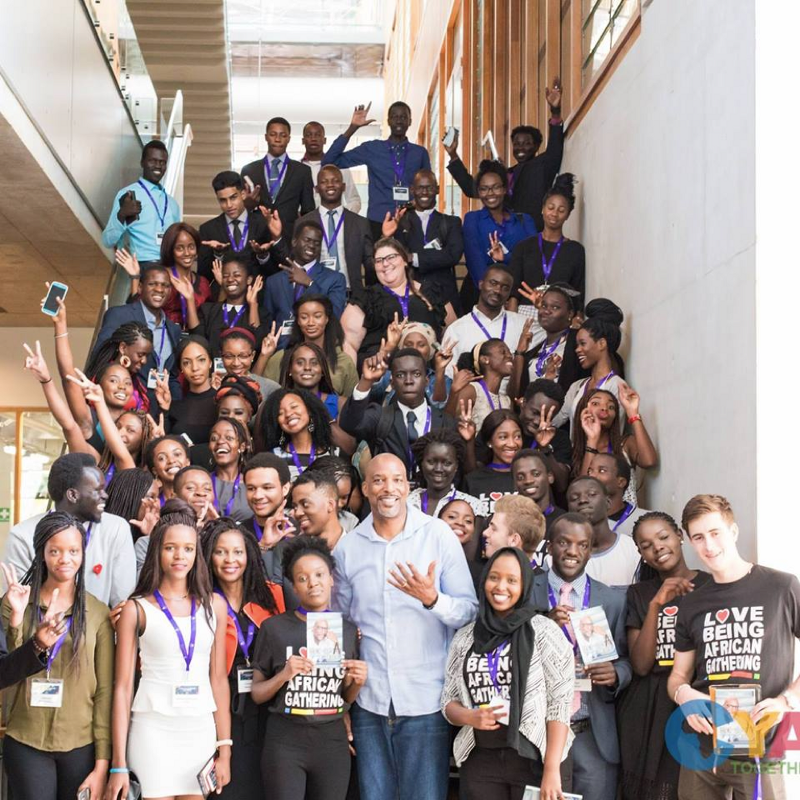
As you can see, I’m investing in Africa and its youth. But it’s much more than that for me. I do what I do so that in 2050, we can see an Africa led by young Africans like Kelvin. A new generation of leaders and entrepreneurs, who are accountable to their people, respect the rule of law, and create social and economic prosperity for everyone.
I do what I do, so in 2050 we can see an Africa that thrives based on unity and the free movement of goods, services and people.
And finally, I do what I do so that in 2050, we can see an Africa which is no longer seen as just a place of just death, disease, and despair. Instead it will be seen as a hub for trade, creativity, and entrepreneurship.
So if you buy in this vision like Bill Gates, Barack Obama, Kelvin and I do, then hire African youth. Invest in African youth. Get to know African youth. Because, if you help us grow, we can help you grow.
And ultimately, we grow together.
Thank you for reading my story. If you’ve made it this far, please help me spread optimism about Africa’s future by clicking the ? below, and by sharing this story with your friends.
And if you have a moment, watch my full TED talk here: